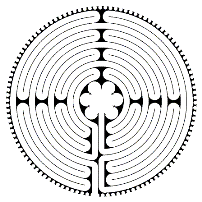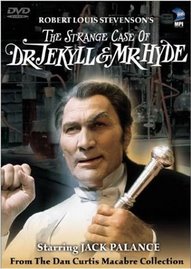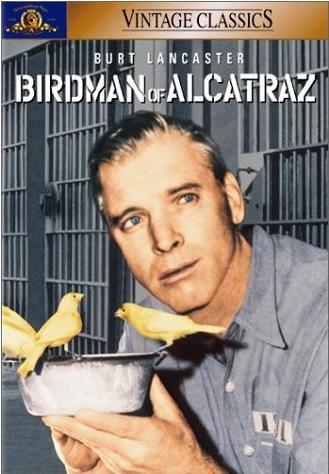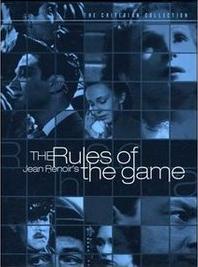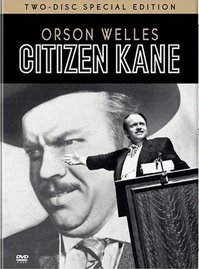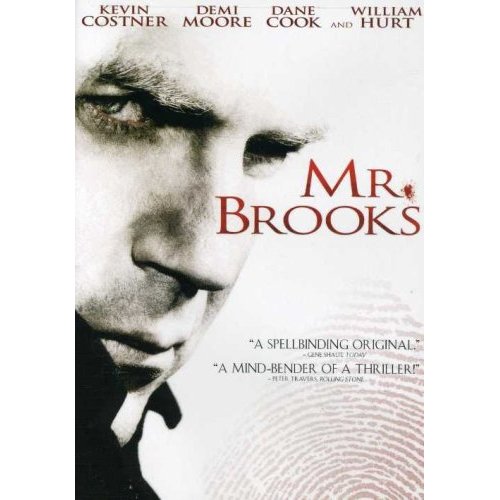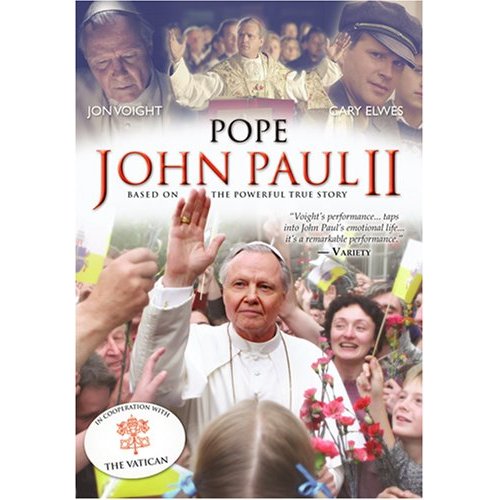On the one hand, there seems to be those business "leaders" with philosophical approaches that are debasing to others. They call on change managers to help them when they are regularly treating co-workers as if they are cogs in the system's machine, worker-bees, self-interested to the core, and readily expendable when budgets need to be balanced, even if only momentarily. They seek more efficiency from the change effort.
On the other hand, there seems to be those business "leaders" with philosophical approaches that are founded on their personal greatness. They call on change managers to help them when they see themselves as innocent, blameless, god-like, inherently omniscient, the true standard of goodness, deserving of praise, if not idolization, for their depth of humanity. They seek more effectiveness from the change effort.
Is there a common-sense philosophy of change management that can better deal with both extremes of such business "leader" philosophies, other than simple behavior modification with limited duration?
I've posted this on LinkedIn as well. To see what others answered there click here.
What do you think?
John
Thursday, March 27, 2008
Head v. Heart
One of my colleagues on LinkedIn posed the following question and introductory comments:
Conflict between head(logic) and heart (emotions).
Sometimes, just sometimes, we find ourselves in a conflicting situation of decision making; our heart (emotions) says something and our head (logic) says something else. Let me explain to you. You joined your first company; that company gave you an opportunity to make mistakes and learn; gave you career and position; gave you life style etc and etc. Then after seven years of your employment with that company, you found another opportunity in another company giving you a jump of three designations (something that might take you 5-7 years in your present organization) and a salary hike of 120% (something that might take at least 3-4 years in your present company). Your heart is stopping you to accept that offer but your mind is forcing you to accept it. What will you do?
Let me give another example. You are in love with one person. Both of you appears to have been made for each other. Both you love to spend time together. That person is very nice, very caring, very loving, etc and etc but not doing so well in his career and professional life. There is another person (who is interested in you but not the other way), who have everything else; he have position, money, fame, social respect etc and etc. Yes, love is important in life. To love someone and to be loved by someone is a great thing to happen in life; but, love cannot give you food, clothes and house. What will you do in such scenario?
Let’s take another example. You got a job in another city / country. A very good opportunity. Giving you international exposure. Good Position. Something that can put your career on a fast track. This is an opportunity that you cannot afford to miss. But you also have family to take care. Your family is not interested to move to a different country. These are some of those cases, where we find our head and heart in conflicting situation. What do you generally do in such situations?
Kindly share your views and experience.
Here is the answer I posted on LinkedIn:
It is quite normal to have these conflicts when a real issue presents itself like the ones you describe. It signals the call to the adventure of making the decision.
The underlying problem is a failure of our education systems to teach the difference between making choices among exclusive alternatives supplied by someone else, making judgments based on pre-established assumptions and evidence, the credibility of which is questionable, and making decisions.
Making choices always involves present, short-term issues. Making judgments always involves situations that are already past, even those where predictions of the future are based on the past. By contrast, decision making is future oriented.
Moreover, decision-making involves a considerably different process which I have been describing to colleagues on LinkedIn over the past year or so.
Please consider looking at links to my blog that: (1) describe creative decision-making; (2) connect you to previous discussions on LinkedIn; and (3) provide you other resources you may find helpful.
The head and the heart, and the soul and the spirit, must become aligned through a series of stages in decision-making and before the final decision is reached. Otherwise the dis-integration will become more pronounced when you try to fully execute your decision. Our heads are most especially involved in milestone 8 of the Decision-Maker's Path (tm), while our hearts become more involved in milestone 9.
Hope this helps.
Obviously, there is much more that can, and probably should be said. But that's the purpose of this whole blog. Find other answers on LinkedIn as well.
What do you think?
John
Conflict between head(logic) and heart (emotions).
Sometimes, just sometimes, we find ourselves in a conflicting situation of decision making; our heart (emotions) says something and our head (logic) says something else. Let me explain to you. You joined your first company; that company gave you an opportunity to make mistakes and learn; gave you career and position; gave you life style etc and etc. Then after seven years of your employment with that company, you found another opportunity in another company giving you a jump of three designations (something that might take you 5-7 years in your present organization) and a salary hike of 120% (something that might take at least 3-4 years in your present company). Your heart is stopping you to accept that offer but your mind is forcing you to accept it. What will you do?
Let me give another example. You are in love with one person. Both of you appears to have been made for each other. Both you love to spend time together. That person is very nice, very caring, very loving, etc and etc but not doing so well in his career and professional life. There is another person (who is interested in you but not the other way), who have everything else; he have position, money, fame, social respect etc and etc. Yes, love is important in life. To love someone and to be loved by someone is a great thing to happen in life; but, love cannot give you food, clothes and house. What will you do in such scenario?
Let’s take another example. You got a job in another city / country. A very good opportunity. Giving you international exposure. Good Position. Something that can put your career on a fast track. This is an opportunity that you cannot afford to miss. But you also have family to take care. Your family is not interested to move to a different country. These are some of those cases, where we find our head and heart in conflicting situation. What do you generally do in such situations?
Kindly share your views and experience.
Here is the answer I posted on LinkedIn:
It is quite normal to have these conflicts when a real issue presents itself like the ones you describe. It signals the call to the adventure of making the decision.
The underlying problem is a failure of our education systems to teach the difference between making choices among exclusive alternatives supplied by someone else, making judgments based on pre-established assumptions and evidence, the credibility of which is questionable, and making decisions.
Making choices always involves present, short-term issues. Making judgments always involves situations that are already past, even those where predictions of the future are based on the past. By contrast, decision making is future oriented.
Moreover, decision-making involves a considerably different process which I have been describing to colleagues on LinkedIn over the past year or so.
Please consider looking at links to my blog that: (1) describe creative decision-making; (2) connect you to previous discussions on LinkedIn; and (3) provide you other resources you may find helpful.
The head and the heart, and the soul and the spirit, must become aligned through a series of stages in decision-making and before the final decision is reached. Otherwise the dis-integration will become more pronounced when you try to fully execute your decision. Our heads are most especially involved in milestone 8 of the Decision-Maker's Path (tm), while our hearts become more involved in milestone 9.
Hope this helps.
Obviously, there is much more that can, and probably should be said. But that's the purpose of this whole blog. Find other answers on LinkedIn as well.
What do you think?
John
